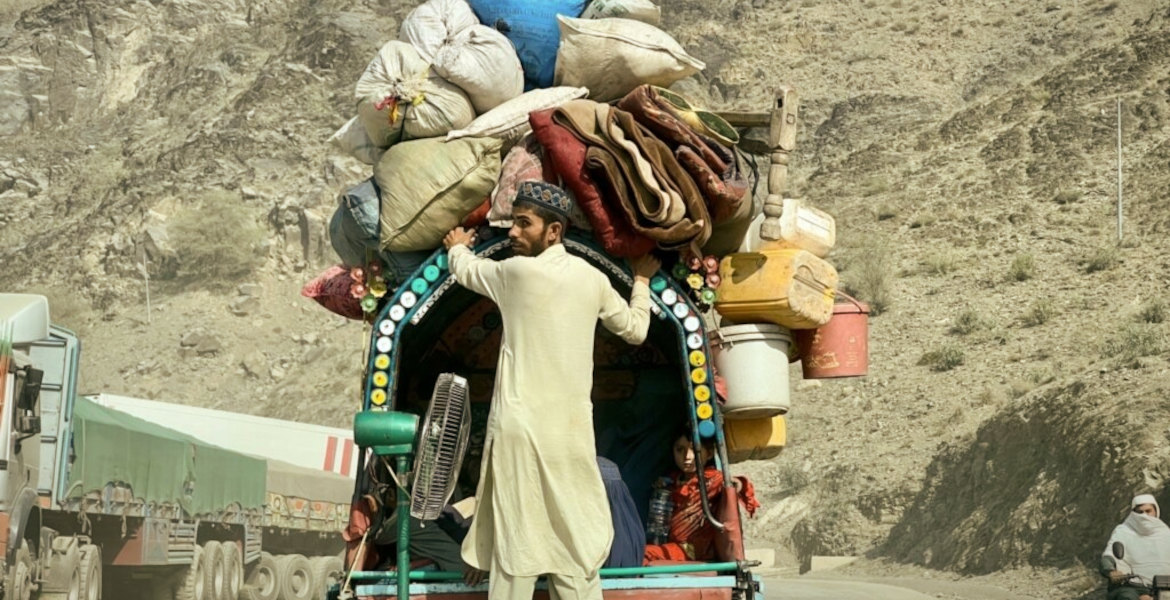Approximately 1.3 million Afghans have returned from Pakistan since November 2023, according to Pakistani government figures. This is the result of an extensive deportation campaign targeting illegal immigrants in the country.
Pakistan announced in 2023 that all foreigners residing illegally in the country must leave before November 1 of the same year or risk arrest and deportation.
Authorities justify the measures by citing extensive security problems and referring to the fact that Afghan refugees have severely strained the country's economic resources for decades and that many Afghans have connections to militant movements and terrorist groups.
— If we are given assistance and a place where we can build a house or set up our tent and continue our life, it would help us, says Jan Mohammad, one of the returnees at the Torkham border crossing, to Arab News.
Another returnee, Ghazi, describes economic losses: "They forced us out, and we had to sell our cattle, sheep, goats and cows at very low prices".
Has harbored Afghans since Soviet invasion
Pakistan has harbored Afghans since the Soviet invasion in 1979. The numbers increased dramatically after the Taliban's takeover in 2021, when tens of thousands fled across the border.
UN agencies estimate that hundreds of thousands more could be affected as the deportation program continues, while the UN refugee agency has demanded a halt to the deportations and warned of a humanitarian crisis.
Pakistani authorities maintain, however, that the measures are both legal and necessary for the nation's security and stability. Islamabad emphasizes that the deportations include all illegal immigrants regardless of nationality, and that Pakistan can no longer shoulder this heavy burden after decades of hosting refugees.





